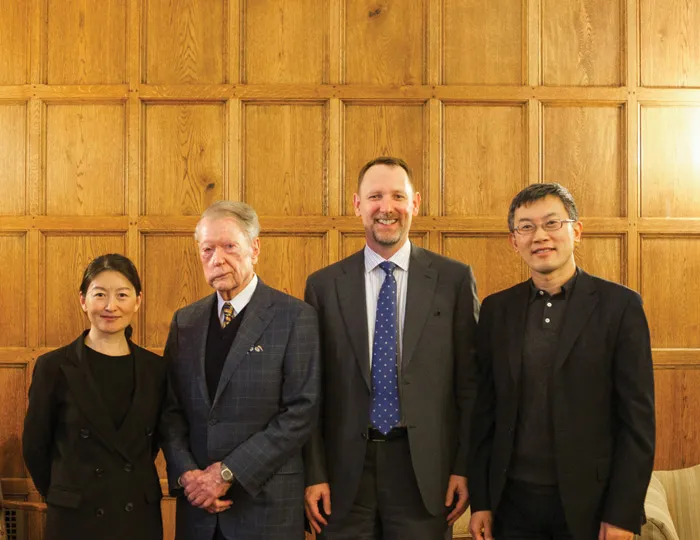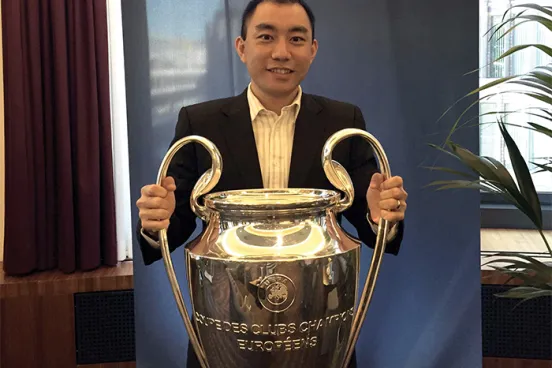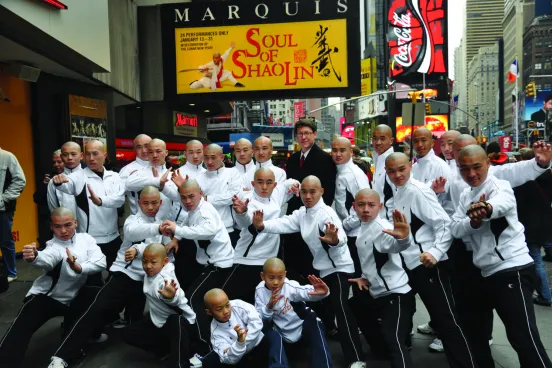
Michigan Law was pleased to host two Bates Lea Exchange Professors from China during the fall 2015 semester: Professors Jie Cheng and Wei Cui. Cheng taught the course Constitutional Theory and Practice in China, and Cui, Taxation of Individual Income. The exchanges are made possible through the generosity of L. Bates Lea, ’49.
Previously, the L. Bates Lea Visiting Professorship brought renowned legal academics to the Law School for more than two decades. Now, the program is refocused on Chinese faculty exchange and is the most comprehensive program of its kind among top U.S. law schools.
Cheng, a professor at Tsinghua Law School, holds a PhD from Peking University Law School and is one of China’s most acclaimed public law specialists. Her research, writing, and teaching focus on subjects of great moments for China and the world: theories of constitutionalism, comparative constitutionalism, civil and political rights protection, freedom of information, land takings, administrative law, and specifically, the protection of civil and political rights and judicial review in the post-1997 Hong Kong Special Administrative Region.
She served on the PRC National People’s Congress Standing Committee’s Hong Kong and Macao Basic Laws Committee, the central organ for constitutional-style interpretation of the Hong Kong and Macao Basic Laws and thus the gatekeeper for concrete moves toward constitutionalism and democratization in the Hong Kong SAR.
Cui is a Yale Law School graduate and former China University of Politics and Law professor. A renowned international tax specialist, he was seconded to the PRC’s sovereign wealth fund, the China Investment Corp., as senior tax counsel in 2009–2011. Cui is now a professor of law at Canada’s University of British Columbia Law School.
In October, Cheng conducted a research seminar in collaboration with the U-M Lieberthal-Rogel Center for Chinese Studies focused on the Constitutionalism Debates and Constitutional Change in China.







